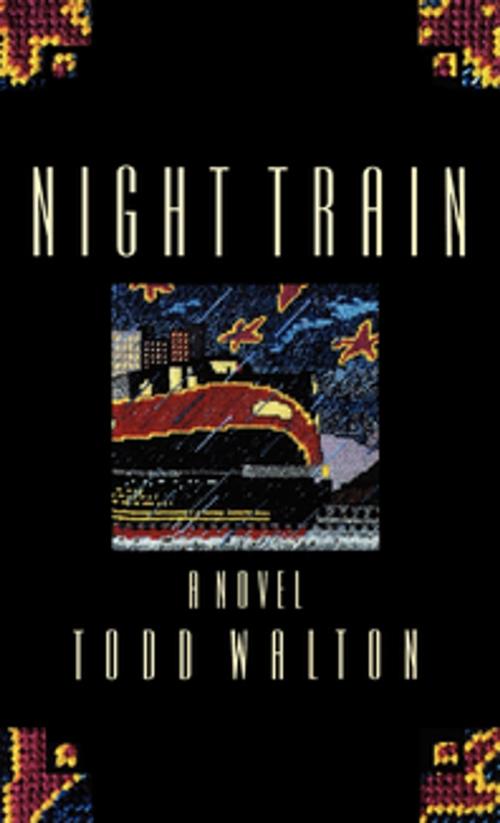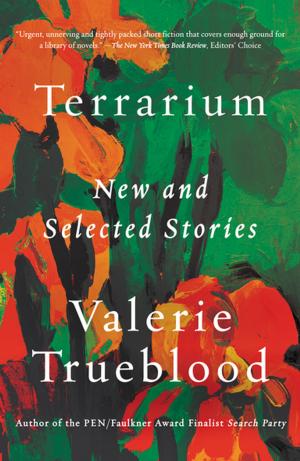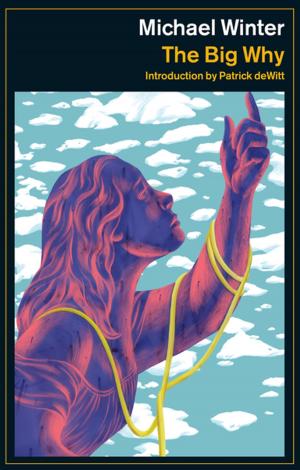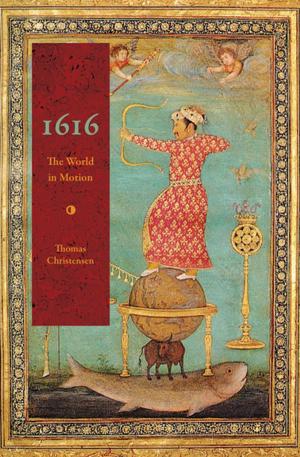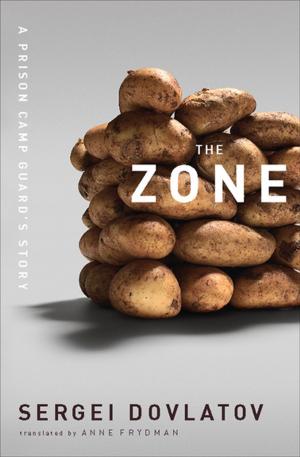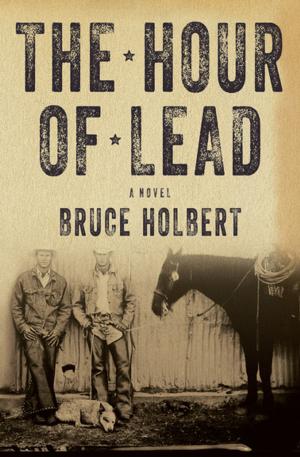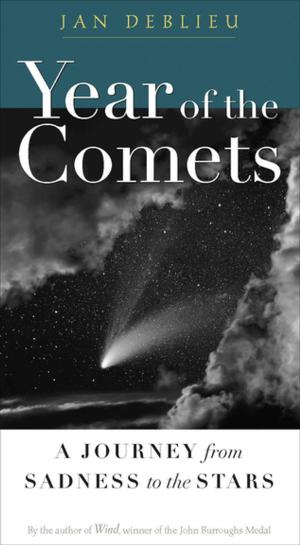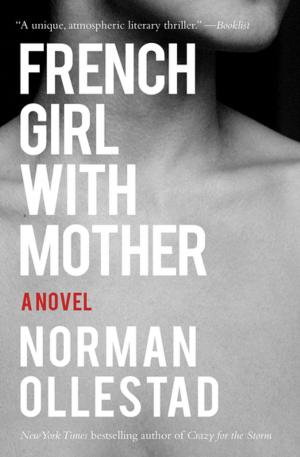| Author: | Todd Walton | ISBN: | 9780985035594 |
| Publisher: | Counterpoint | Publication: | October 24, 2012 |
| Imprint: | Counterpoint | Language: | English |
| Author: | Todd Walton |
| ISBN: | 9780985035594 |
| Publisher: | Counterpoint |
| Publication: | October 24, 2012 |
| Imprint: | Counterpoint |
| Language: | English |
Walton tracks the fate of Lily and Charlie, two down-and-out musicians on the run from an army of very well-connected” thugs out not just for blood but for spirit. Fleeing by car, foot, air, bicycle, train, covered wagon and dirigible, the two make their way with Lily’s baby from Sunset Boulevard to a mountain retreat in Oregon. Eluding all manner of physical and mental danger, Lily and Charlie take their final stand with a commune of utopian artists. Their odyssey is seedily realistic, wildly surrealistic, often erotic and only occasionally a bit precious. What seemed like a simple pursuit story has become an engaging parable of the responsibilities of creativity, the nature of self-worth, the redemptive power of love-perhaps the Meaning of Life itself. Night Train evokes a paranoid romanticism reminiscent of Craig Nova, Don DeLillo and Thomas Pynchon. - Tom Nolan, Los Angeles Times
Walton tracks the fate of Lily and Charlie, two down-and-out musicians on the run from an army of very well-connected” thugs out not just for blood but for spirit. Fleeing by car, foot, air, bicycle, train, covered wagon and dirigible, the two make their way with Lily’s baby from Sunset Boulevard to a mountain retreat in Oregon. Eluding all manner of physical and mental danger, Lily and Charlie take their final stand with a commune of utopian artists. Their odyssey is seedily realistic, wildly surrealistic, often erotic and only occasionally a bit precious. What seemed like a simple pursuit story has become an engaging parable of the responsibilities of creativity, the nature of self-worth, the redemptive power of love-perhaps the Meaning of Life itself. Night Train evokes a paranoid romanticism reminiscent of Craig Nova, Don DeLillo and Thomas Pynchon. - Tom Nolan, Los Angeles Times
